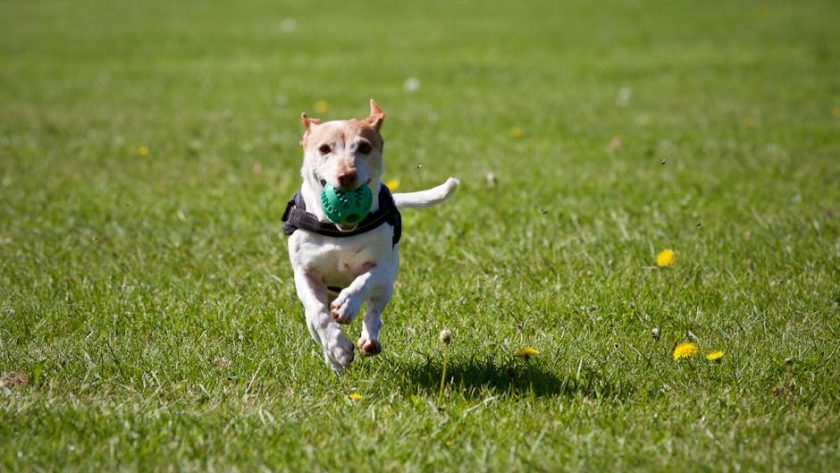Training your dog is essential for a happy, well-adjusted pet. With proper training, dogs learn to behave appropriately, understand your commands, and become more affectionate and loyal companions. This comprehensive guide will provide you with everything you need to know to effectively train your dog.
**Start with Basics**
Begin by teaching your dog basic commands such as sit, stay, come, heel, and down. Use positive reinforcement, such as treats or praise, to reward good behavior. Repeat commands consistently and patiently, and gradually increase the difficulty of the tasks. As your dog masters each command, move on to more advanced training.
**Establish House Rules**
Clearly define the rules and boundaries for your dog. Choose specific areas for sleeping, eating, and going to the bathroom. Establish a consistent schedule for feeding, exercise, and playtime. Enforce these rules consistently, and provide positive reinforcement for obedience.
**Socialize Your Dog**
Exposing your dog to different people, animals, and situations is crucial for their emotional development. Take your dog to the park, on walks, and to meet new people. This will help them become more confident and well-rounded.
**Address Behavior Problems**
If your dog exhibits undesirable behaviors, such as chewing, barking, or jumping, address the problem immediately. Identify the underlying cause of the behavior and implement appropriate training techniques to correct it. Consistency and positive reinforcement are key to solving behavior problems.
**Use a Variety of Training Methods**
Different dogs respond to different training methods. Experiment with clicker training, reward-based training, or dominance-based training to find what works best for your pet. Be patient and adjust the training methods as needed.
**Be Consistent and Patient**
Training takes time and effort. Be consistent with your commands and expectations, and provide plenty of positive reinforcement. Avoid punishing your dog for mistakes, as this can damage your bond and make training less effective.
**Consider Professional Help**
If you encounter significant difficulties training your dog, don't hesitate to seek professional help from a certified dog trainer. They can provide personalized guidance, address specific behavior problems, and help you establish a successful training plan.
**Enjoy the Benefits**
Well-trained dogs provide countless benefits. They are more enjoyable to live with, more obedient, and less likely to develop behavior problems. Training also strengthens the bond between you and your pet, creating a lifelong companionship filled with love and affection.

